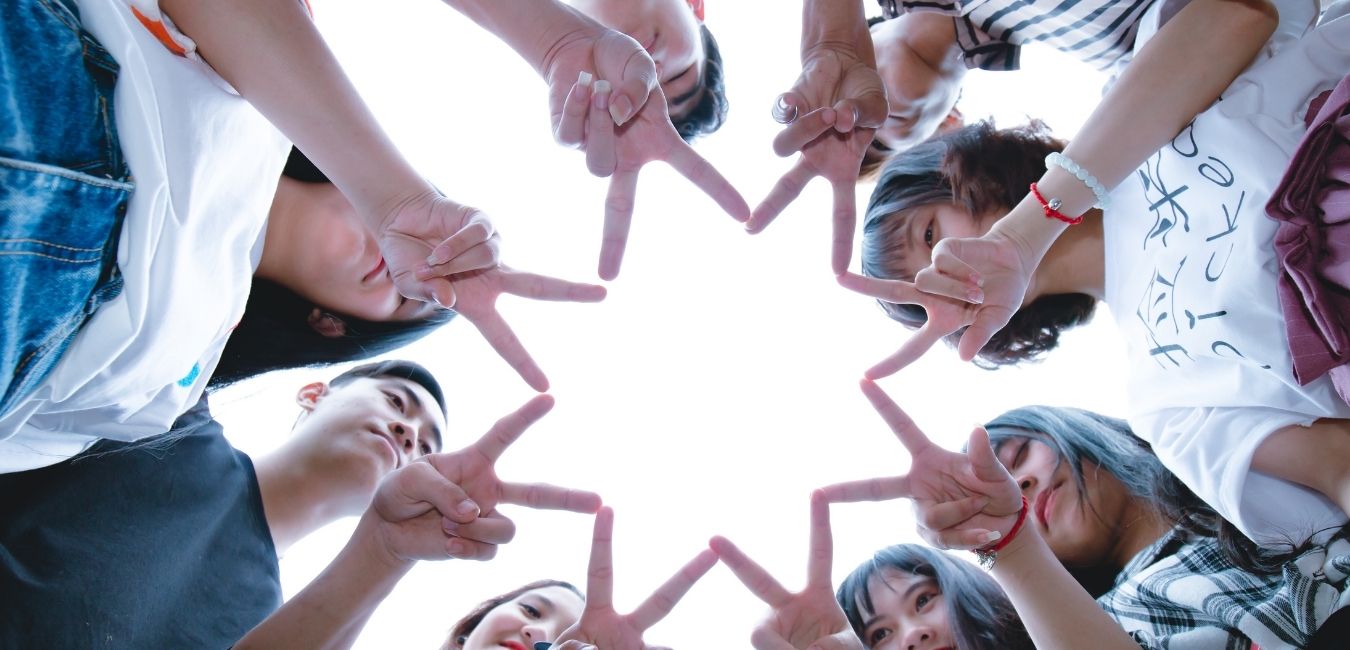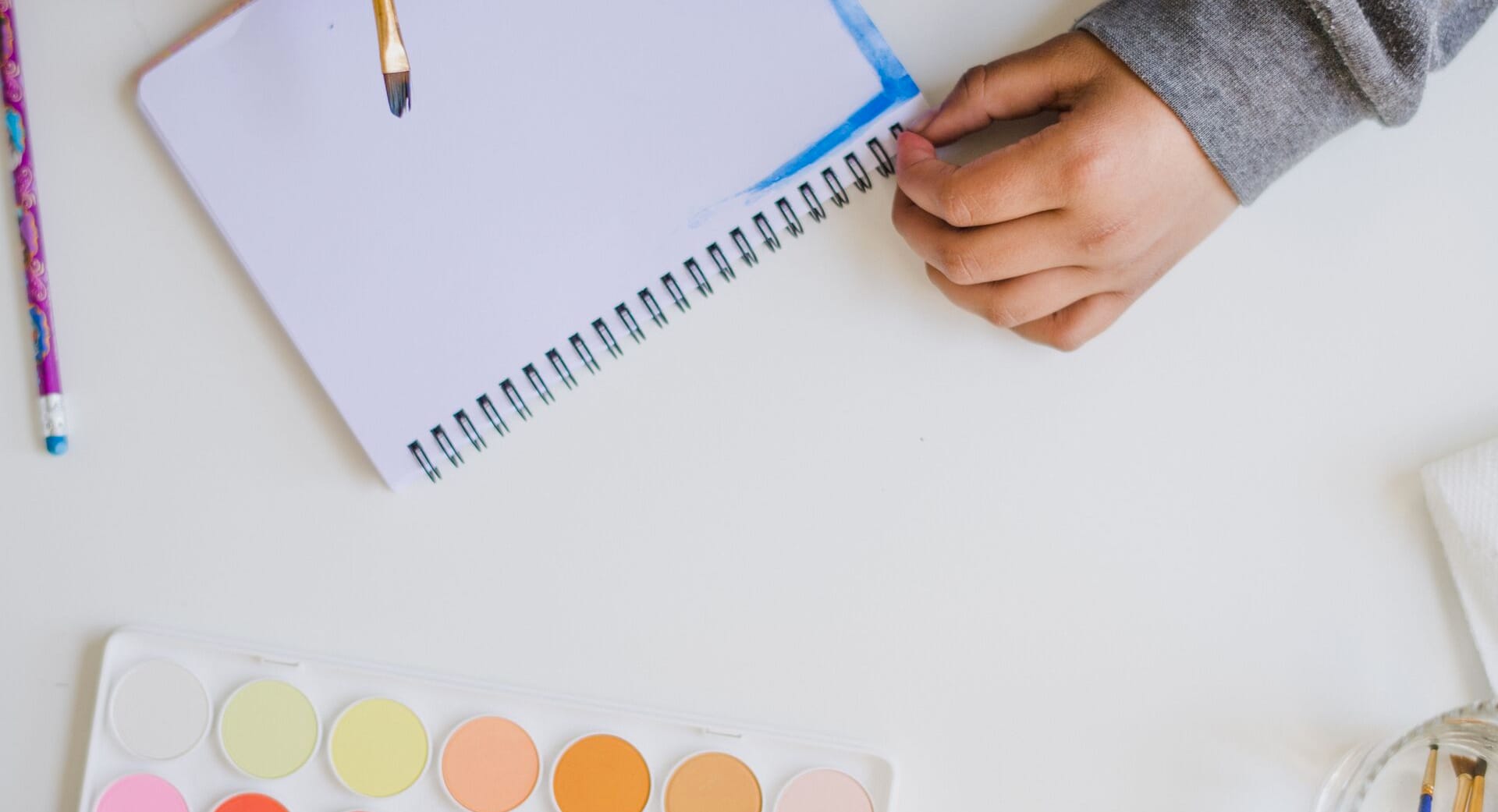Gender resources
IM GENDER understands the need that families have for truthful information about a reality that is still unknown to a large part of society. We know that the prejudices we encounter regarding trans identities are based on ignorance. That is why at IM GENDER we want to accompany you on this journey, offering you all the necessary information through our different communication channels and the professionals who make up IM GENDER.
“All human beings are born free and equal in dignity and rights. They are endowed with reason and conscience and should act towards one another in a spirit of brotherhood.”
Article 1 of the Universal Declaration of Human Rights.
IM GENDER
IM GENDER Recommendations
Respect for differences must form part of the education we give our children. It is learning and teaching that must be transmitted from childhood, thus avoiding situations of suffering and discrimination.
Our recommendations:
- Promote the training of teachers, guidance counsellors and school principals.
- Use inclusive language that avoids making gender distinctions.
- Avoid situations where students are forced to make gender-based choices, such as asking boys to stand on one side of the room and girls on the other.
- Help families with transition at school.
- The support of the school is essential so that the transition can go smoothly and the pupil can continue with their routine.
- Respect must exist for the pupil’s gender expression and/or identity comprehensively, both in class lists, as well as in official school lists, uniforms, changing rooms, bathrooms, sports and extracurricular activities, such as excursions or farm school and so on.
- It is essential that the centre’s and teaching staff’s attitude to this reality is open and understanding in order to avoid unnecessary suffering for these minors.
Resources for families and educators
Adrienne Rich

It is important to understand that these children know very well who they are. In most cases it is not the child who makes the so-called transition, it is the families, their closest circle and of course the school, not forgetting the families that make up the school, as well as the pupils. What may at first appear to be very difficult, is quite the opposite.
The family environment will have a definite impact on the child’s physical and mental health, but so will the school environment. Any kind of negative reaction they may receive from the environment whose main task is supposed to be to protect and support them will have negative consequences. From common sense we can conclude that any child who is not accepted by their family or environment will have serious difficulties in their social relationships. For these children, it is vital that they are recognised, respected and loved as they are at school.
Transsexuality in schools
At IM Gender we know how important it is for teachers to receive specific training on this subject, in order to be able to solve doubts, to have answers for students and families who need them. The talks aimed at the families of the centre are of great help. It is also important to be able to work with your class so that everyone can understand it in the most natural way possible.
The right to education includes the right to receive comprehensive, accurate and age-appropriate information about human sexuality, which is the only way to end the rejection and discrimination that transgender children often face.

There are many myths and beliefs about human sexuality, many of which have caused serious psychological and moral damage. Sexuality education is a commitment of the whole educational community. Education helps us to uncover these falsehoods about sexuality. It is not only necessary for students to acquire knowledge about sexuality and human diversity. That is one part, naturally, but the most fundamental part is the part that has to do with feelings, values and attitudes. It is important that we all move in the same direction, that we review what we say and do in front of children, to avoid sexist behaviour from reaching pupils’ ears almost without us realising it. We know that if what the school does is contradicted by the family or vice versa, progress will be very slow.
How do we start educating?
Mainly in love, because love educates, a love that observes, listens, commits, understands and also asks for commitment. It is true that on many occasions the love we put into educating is not enough, but without it, without love, everything is much more difficult. In the case of teaching, that love is the vocation that educators have and for which they give so much of their lives.
The teaching of human diversity and sexuality has long been regarded as something to keep silent about, intimately related to shame and sin. The most important thing is to be able to convey to students that there is nothing wrong with being who they are, to give them peace of mind, to take away unfounded fears, so that they can grow up free to think, to decide, to feel and to be with real freedom. When they think and feel that what is happening to them is not normal or is bad, they live filled with anguish and pain. We have a moral obligation to make them understand that there is nothing wrong with them feeling what they feel, being the way they are, or expressing themselves as they do.
They say that the real sexual organ is the brain, so sexuality cannot be confused with genitality, which is only one part of it. We know that it depends on culture, beliefs and education, that many adults experience sexuality and their gender identity in one way or another, so it is our obligation to offer a truthful education, free of judgements and stereotypes. To teach them to respect themselves, to accept their identity, to understand that there are different ways of loving, being and expressing themselves and that none of them is unique or wrong, because we are all different in some way and it is these differences that make us who we are, unique and unrepeatable. It is important that we do what we can so that they do not grow up in guilt, fear and anguish for being and expressing themselves as they are. The happiness of our children lies in the education we give them and how we do it. The information they have will help them to be grateful later on, when they are older, for what they learnt at school and what their teachers passed on to them.
“There is nothing wrong in being who you are, in feeling what you feel”.
Something as easy as this can change the lives, the future of many children, our adults of tomorrow.

